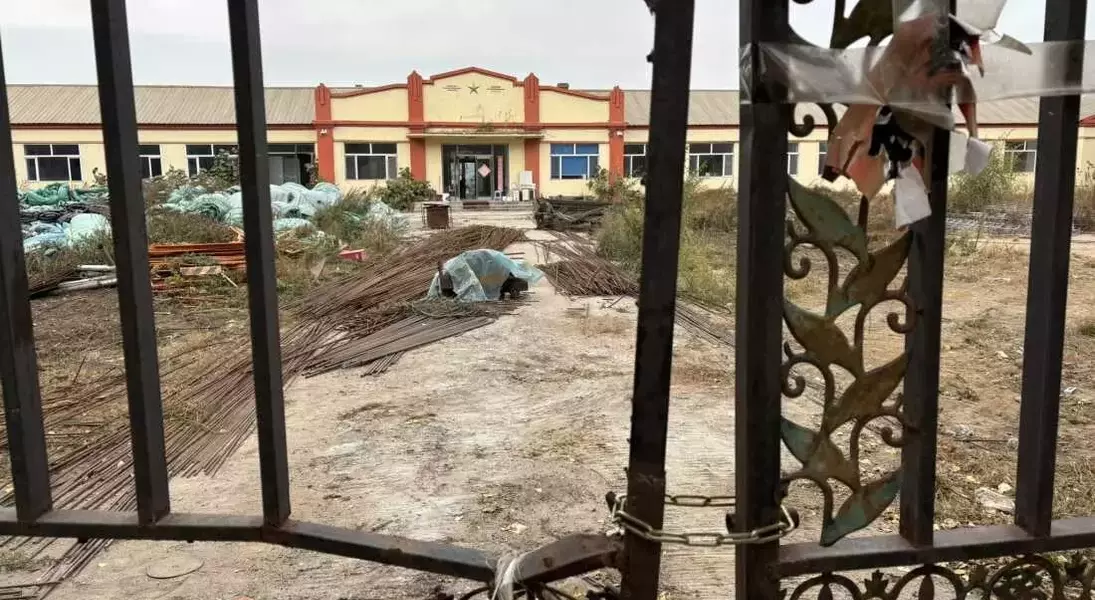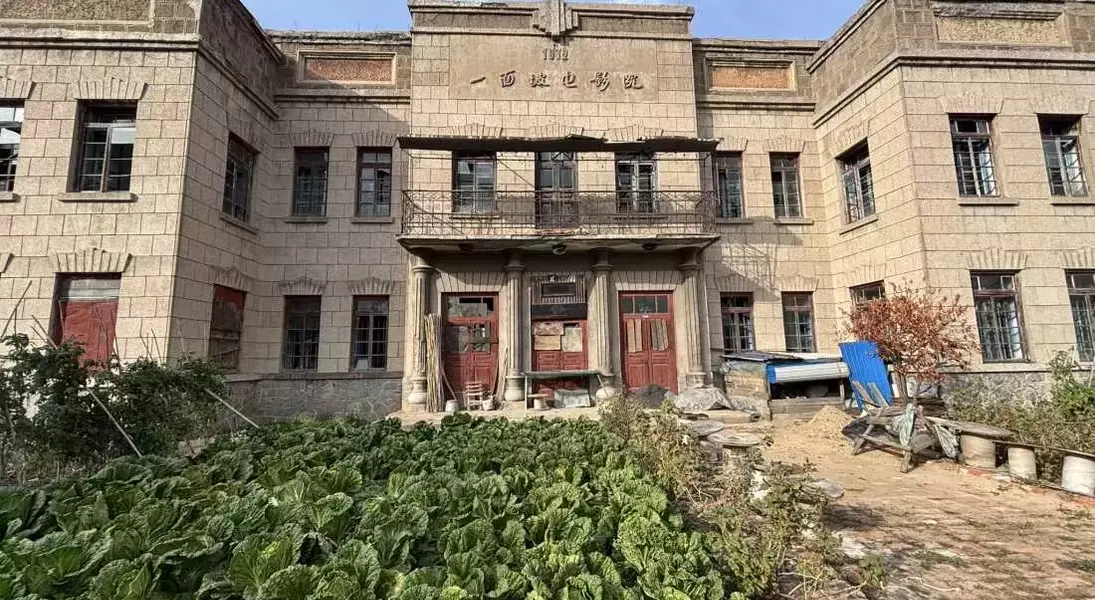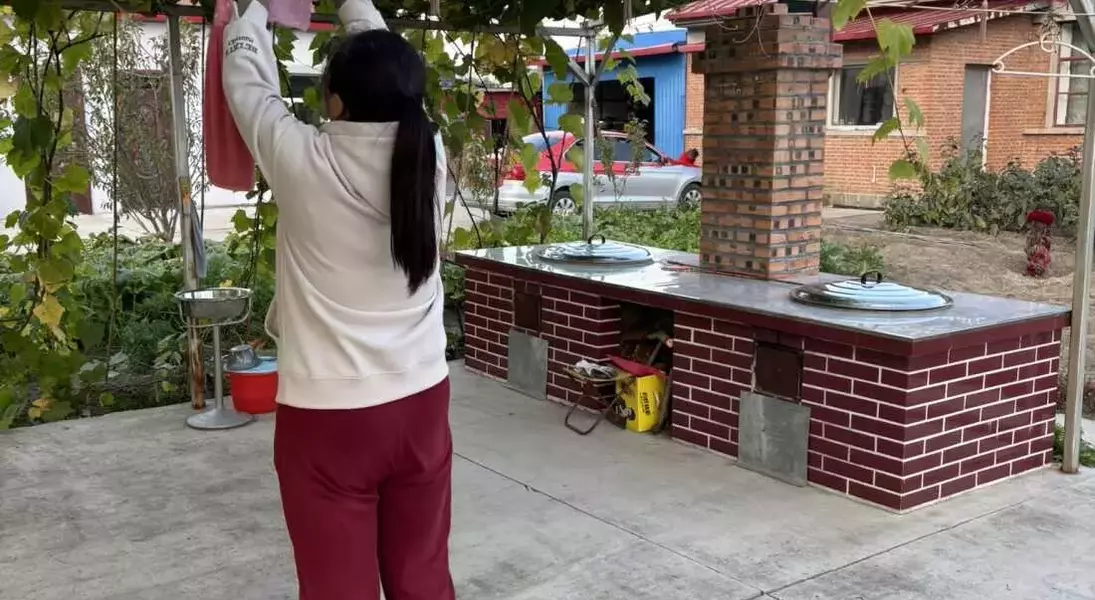




China is currently undergoing a profound demographic transformation, marked by a dual challenge of an aging populace and a significant reduction in birth rates. This nationwide phenomenon is vividly illustrated in the experiences of smaller towns, where the impact of these shifts is acutely felt. The situation presents substantial societal and economic hurdles, compelling both individuals and the government to adapt to a new demographic reality. The narrative of one family underscores how these macro-level trends translate into personal choices and dilemmas, influencing everything from career paths to family planning and elder care. This evolving demographic landscape is shaping China's future, impacting its workforce, social support systems, and long-term economic trajectory.
The demographic shifts in China are multifaceted, stemming from economic reforms that have drawn younger generations to urban centers, leaving rural areas with dwindling populations and an increasingly elderly demographic. This migration, coupled with changing social attitudes towards family size and personal freedom, has contributed to a sharp decline in birth rates, reaching historic lows in some regions. The government's efforts to counteract these trends through various incentives have yet to yield significant results, as younger individuals, prioritizing personal development and financial stability, are choosing to delay or forego marriage and parenthood. The challenge extends beyond mere numbers, affecting the fabric of traditional family structures and creating new demands on a social safety net that is still developing.
A Town in Decline: The Story of Yimianpo
The town of Yimianpo in northeastern China serves as a poignant illustration of China's broader demographic challenges. Since 2010, its population has decreased by one-third, and the number of children under 14 has halved, while the elderly population has surged by over 70%. This dramatic change is largely due to young people seeking better economic prospects elsewhere, leaving behind a community with few young inhabitants and a very low birth rate. Lin Xin, a 48-year-old resident, returned from Beijing to care for her aging parents, embodying the difficult choices many face. Her story highlights the struggle of maintaining a family and community in an environment facing severe population contraction.
Yimianpo, once a bustling hub, has transformed into a quiet rural area, where elementary schools have been converted into storage yards or parking lots, and the local movie theater stands abandoned. The economic reforms that once fueled China's growth have also led to the decline of state-owned industries in such towns, pushing residents like Lin Xin to pursue opportunities in larger cities. Despite the peaceful, garden-filled life she now leads, the lack of economic vibrancy means her employment options are limited, such as driving one of the town's few taxis. The exodus of the younger generation has left a demographic vacuum, resulting in a birth rate of fewer than three births per 1,000 residents in Heilongjiang province, where Yimianpo is located. This trend is not isolated, mirroring a nationwide decline in China's population for three consecutive years.
Changing Social Norms and Future Implications
The younger generation in China, exemplified by Lu Lin, Lin Xin's 20-year-old daughter, is increasingly prioritizing personal freedom and financial stability, leading to a delay in marriage and childbirth. Lu Lin, a student in Beijing, expressed ambivalence about having children, setting ambitious financial goals before considering parenthood, which reflects a broader societal shift. This new perspective challenges traditional family values and contributes to China's shrinking population. Government incentives, such as cash handouts and tuition waivers, are being implemented to boost birth rates, but their effectiveness is yet to be fully seen as young people recalibrate their life priorities and expectations for the future.
Lu Lin's aspiration to accumulate substantial wealth and experience the world before considering children highlights a departure from traditional expectations, where personal well-being is now paramount. This shift is evident in the rising average age of marriage across China, with Heilongjiang Province reporting an average age of 31.48 in 2020. The concept of multiple generations living under one roof, or si shi tong tang, is also evolving, as younger individuals like Lu Lin, despite appreciating their hometown, do not envision returning to live there due to its slower pace of development. This creates a looming question for the older generation, including Lin Xin, about who will support them in their old age. Her solution, to "retire as a group" with friends and siblings, speaks to the innovative social adjustments people are making in response to China's rapidly changing demographic landscape and the evolving nature of family support.
